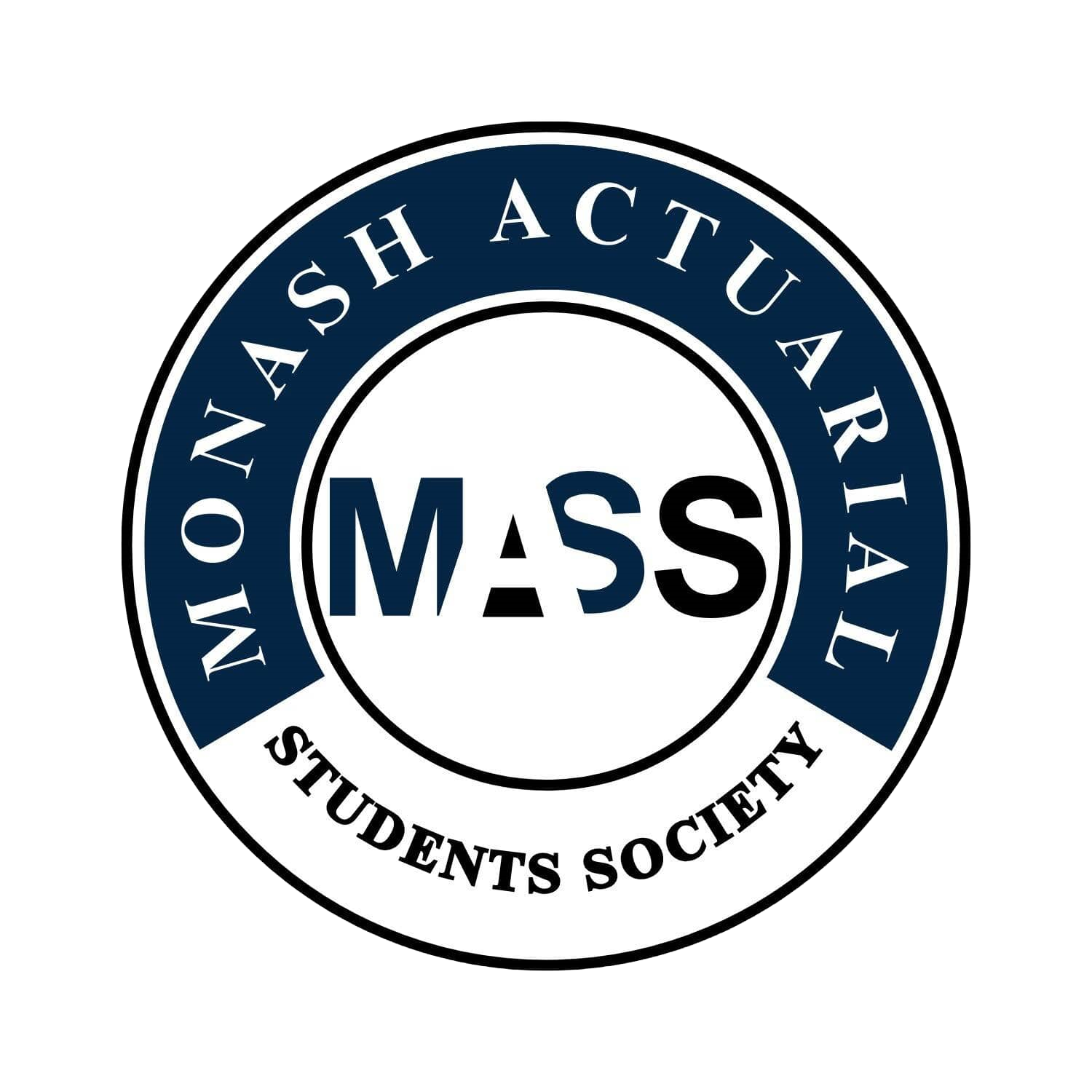ECC1000 Introduction to Microeconomics / ECF5923 Principles of Microeconomics
Difficulty:
Year Completed: Semester 1, 2024
Prerequisite: N/A
Exemption:
CB2 Business Economics
ECC1000 (55%), ECC1100 (45%)
Weighted average of 70% required. Minimum of 60% required for each unit.
Mean Setu Score: 82.9%
Clarity of Learning Outcomes: 83.8%
Clarity of Assessments: 85.8%
Feedback: 78.4%
Resources: 83.4%
Engagement: 84.6%
Satisfaction: 81.2%
Subject Content:
Lecture(s) and Tutorial(s):
Textbook:
Assessments:
This unit focuses on individual economic units, such as businesses and households. The unit highlights the concept of opportunity cost, emphasizing the trade-offs due to scarce resources, which influence production decisions. It explores the demand and supply of goods, considering factors like price, income, and preferences. The unit also delves into utility, particularly marginal utility, and how to maximize satisfaction within a budget. Additionally, it covers consumer behavior and the decision-making processes of consumers.
1 x 2-hour lectures
1 x 1 hour tutorial
Principles of Microeconomics, THIRD EDITION; Dirk Mateer, Lee Coppock - Has helpful questions
5% Tutorial Attendance
5% Post Tutorial Quiz
10% InQuizitive
20% Moodle Task
60% Final Exam
Comments
This unit provides a comprehensive explanation of introductory microeconomics, with simple concepts supported by real-life examples and clips from shows. The first three weeks cover the fundamentals, while the remaining weeks are divided into individual segments, aiding study. I found the unit interesting and relatable, particularly as it concerned household behavior, helping me understand my own consumer actions. Additionally, the teaching staff were approachable and helpful, making it easier to attain high marks by staying up to date with coursework.
The lectures were really helpful as they were not only interactive but also really concise. In all the lectures, relevant examples were discussed which helped me to easily understand the topics. Lectures were also recorded which made it more convenient. Therefore, I don’t think I would have been able to manage without watching the lectures.
Tutorials were necessary as attendance was taken. However, I did not find it too useful because just lecture on its own was enough especially if there’s a time constraint. Moreover, before attending the class, it was mandatory for students to attempt the tutorial questions as they were to be discussed during the class.
The assessment questions were very relevant to what was taught in the class. I mostly relied on the lecture recordings and the questions discussed during lecture to prepare for the assessments. I feel like the markers did fair marking and gave marks where I deserved. For my incorrect answers, they gave back detailed feedback which helped me to understand and learn from my mistakes.
I think the exam was based on all the weeks’ of content. At least, one question per topic. It was closed book and calculator was allowed in order to attempt the calculation questions. There were multiple choice questions in the exam and one word answer questions as well which saved the typing time. Thus, there shouldn’t be any time difficulty during the exam.
Overall this unit is really enjoyable. Content is not too difficult, but attempt a variety of questions and be detail oriented - this is required to do well in the final exam. It’s also important to remain engaged with the content throughout the whole semester in order to perform strongly.
General Overview:
Lectures:
Tutorials:
Assessments/Other Assessment
Exams
Concluding Remarks

